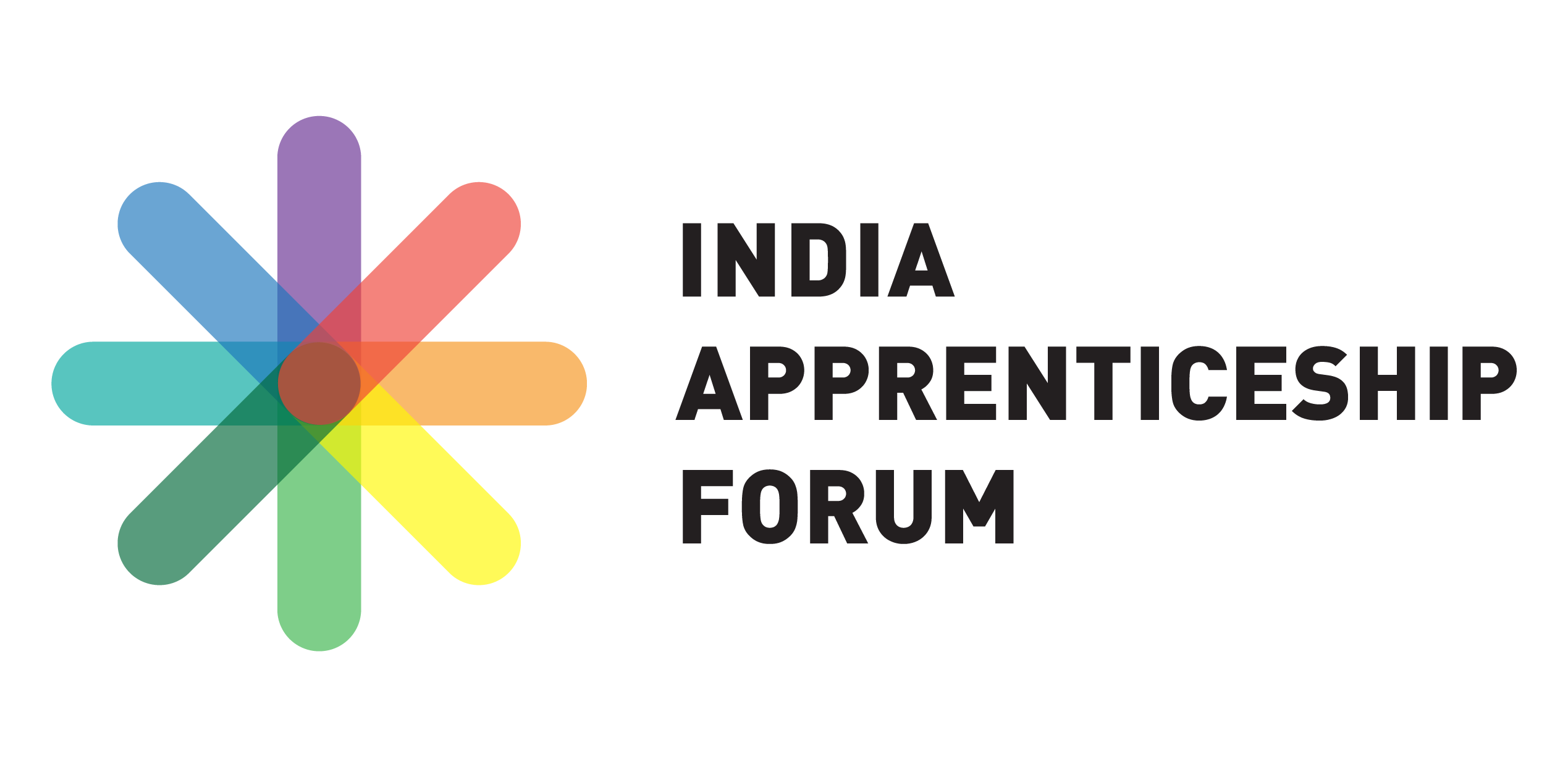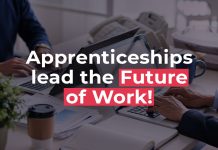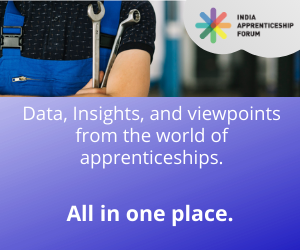Have you been overlooking these freshers with experience?
Freshers with experience? Did we confuse you? Let us clarify!
Have you met the often overlooked but nonetheless talented pool of students outside mainstream education? In the millennial era, anyone can make it. If you are still hung up on chasing students with traditional schooling and certifications with little to no real-job experience or work-ethic, your organisation is missing out. Big time. To be ahead with your human resources, and still find candidates within your manpower budget, you need to think outside the box.
6 out of 10 billionaires in the Forbes list almost every year are school/college drop-outs. It cannot be a coincidence that people who did not have nominal education are able to do better. In fact, it is because they had unconventional education, hands-on training and practical experiences were they able to rise above. That is the portfolio of people your organisation needs to grow aggressively.
Dropped-out students are no more considered weak students. In fact, many students drop out because they have an early vision of what they want to become. They soon start persuading an education of their choice; be it industrial or skill training by way of vocational courses and diplomas from speciality institutes or trade schools.
As suggested by standard economic theory, individuals decide the type and the quantity of education by maximizing their utility across a number of alternatives. Their optimal choice depends on preferences, cognitive abilities and attitudes, parental background and the perceived economic benefits and costs of each education career. Benefits include expected labour market returns, and costs include both the direct costs of education and the opportunity costs of delaying access to the labour market.
Let’s cut to the chase. What makes them suitable?
Given that they are trained to acquire a particular skillset, efficiency and deftness, they are not only ahead in their theoretical knowledge but also in their practical know-how. It is common knowledge that such students who develop practical skills for a particular field are more confident and perform better in interviews as well as jobs than the students with only a general academic background. Accordingly, while the average levels of manual dexterity and comprehension of practical problems tend to be higher among those who choose a vocational track, the average level of cognitive abilities tends to be higher among those who choose general or academic education. As Harvard University Professor Howard Gardner has repeatedly pointed out, there are varied types of intelligence and they are of equal value.
Why should your organisation hire them?
Training institutes such as Maruti Centre of Excellence at ITI-Becharaji have made it their mission to assist students by offering a new leash of opportunities especially in industrial trade. Besides, you need to start looking at these students as equals to students you may otherwise hire through campus placements or job fairs. This is also a golden opportunity for your organisation to contribute towards CSR. By providing equal opportunities to perhaps the economically backward or financially challenged yet worthy candidates, you are most certainly and involuntarily building your brand reputation.
Want to get started with your apprenticeship program? Then, you should get in touch with NETAP (National Employability Through Apprenticeship Program) right away.















